UniCredit and Commerzbank's Q3 Results Boost as Potential Mega Merger Hangs in the Balance
UniCredit and Commerzbank showcased their financial resilience as speculation mounts around one of Europe's largest banking merger possibilities. Since UniCredit's surprising stake acquisition in Commerzbank this September, both banks have reported robust third-quarter results, leaving markets anticipating the next move in a potential Italian-German banking union.
In their Q3 results announced Wednesday, UniCredit posted an 8% year-on-year profit increase, reaching €2.5 billion, exceeding analysts’ forecast of €2.27 billion. The Italian bank raised its full-year profit guidance from €8.5 billion to over €9 billion, underscoring its growing financial stability amid complex market conditions.
Commerzbank, while experiencing a 6.2% dip in net profit to €642 million due to lower net interest income and heightened risk provisions, raised its 2024 income expectations and reaffirmed its 2023 target of €2.4 billion in net results. Speaking with CNBC, Commerzbank CEO Bettina Orlopp described the quarter as “very good,” despite acknowledging challenges from lower interest rates in Europe.
The M&A Landscape: Strategic Divergence or Harmonious Union?
The strategic maneuvering has placed Commerzbank at a critical juncture. Commerzbank has refrained from officially engaging with UniCredit's advances, even as the Italian bank hinted at building up to a 21% stake in the German lender. While Commerzbank bolstered its defenses by appointing a new CEO and solidifying financial targets, it also received regulatory approval for a €600 million share buyback—a move expected to conclude by mid-February.
Orlopp emphasized Commerzbank's commitment to increasing shareholder value and remained open to potential discussions should UniCredit propose a concrete offer. “If they had something on the table, we would carefully review it alongside our standalone strategy to assess stakeholder value,” she said, addressing the bank's balanced approach to a possible merger.
Meanwhile, German Chancellor Olaf Scholz expressed reservations, labeling potential hostile takeovers as “not a good thing for banks.” Berlin's government, which holds a 12% stake in Commerzbank after the 2008 financial crisis bailout, has yet to signal support for a merger.
UniCredit's Strategic Ambitions and Cross-Border Investments
Under the leadership of CEO Andrea Orcel, UniCredit has actively pursued international ventures, having recently increased its stake in Greece’s Alpha Bank and acquiring a 90.1% interest in Alpha Bank's Romanian business. With its common equity tier 1 (CET1) ratio at over 16%, UniCredit's financial position suggests a solid capacity to absorb potential M&A pressures, backed by Fitch's recent upgrade of its long-term debt rating to BBB+.
Orcel remains cautiously optimistic but realistic, emphasizing that UniCredit would only proceed with a merger if it meaningfully enhances investor returns. Highlighting UniCredit’s record of stability in Germany, he noted, “During the financial crisis, UniCredit never repatriated capital or asked for government support, unlike Commerzbank.”
Outlook: A Cautious Dance of Two European Giants
As markets await further developments, the potential UniCredit-Commerzbank merger represents not only a test of financial resilience but also the EU's evolving regulatory stance on major cross-border bank consolidations. Any final move will likely hinge on Germany’s regulatory stance and the ability of both banks to prove that a union would create robust shareholder value and enhance Europe's banking landscape.










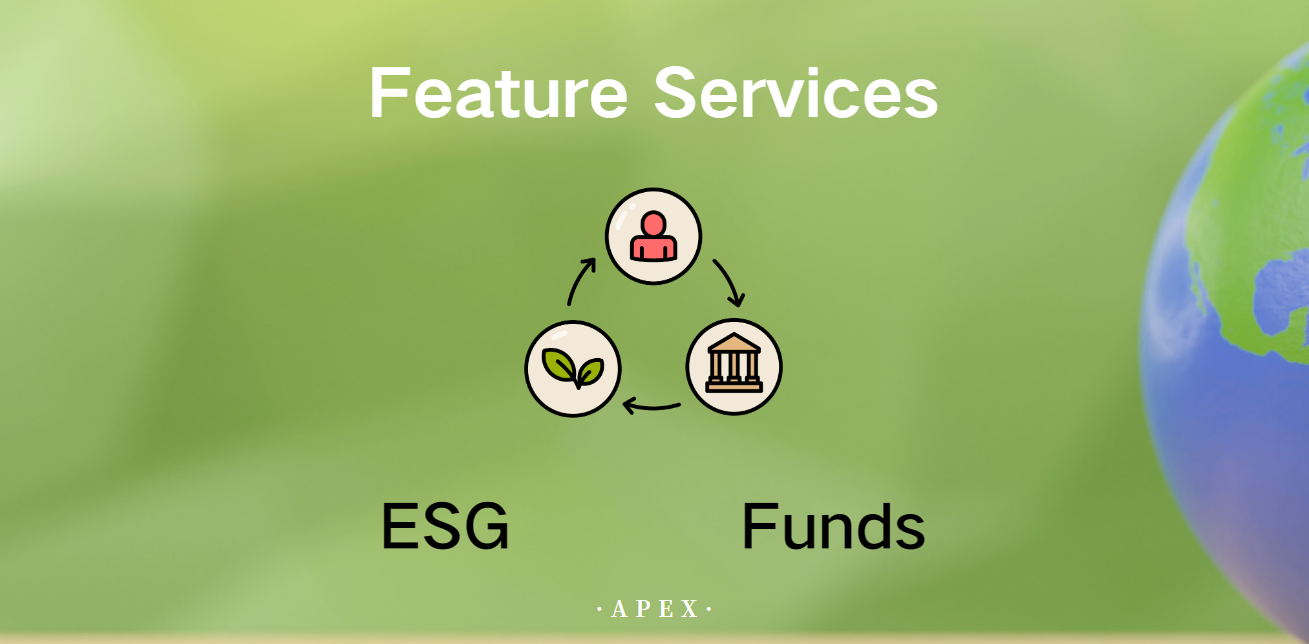
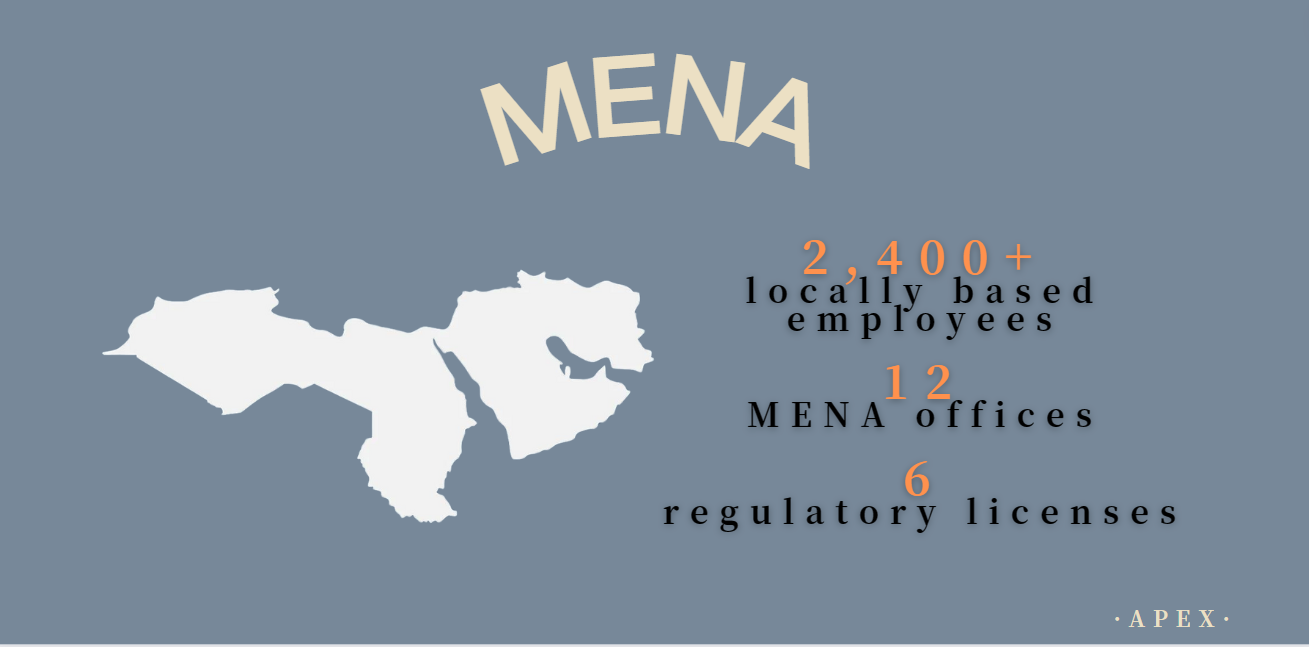
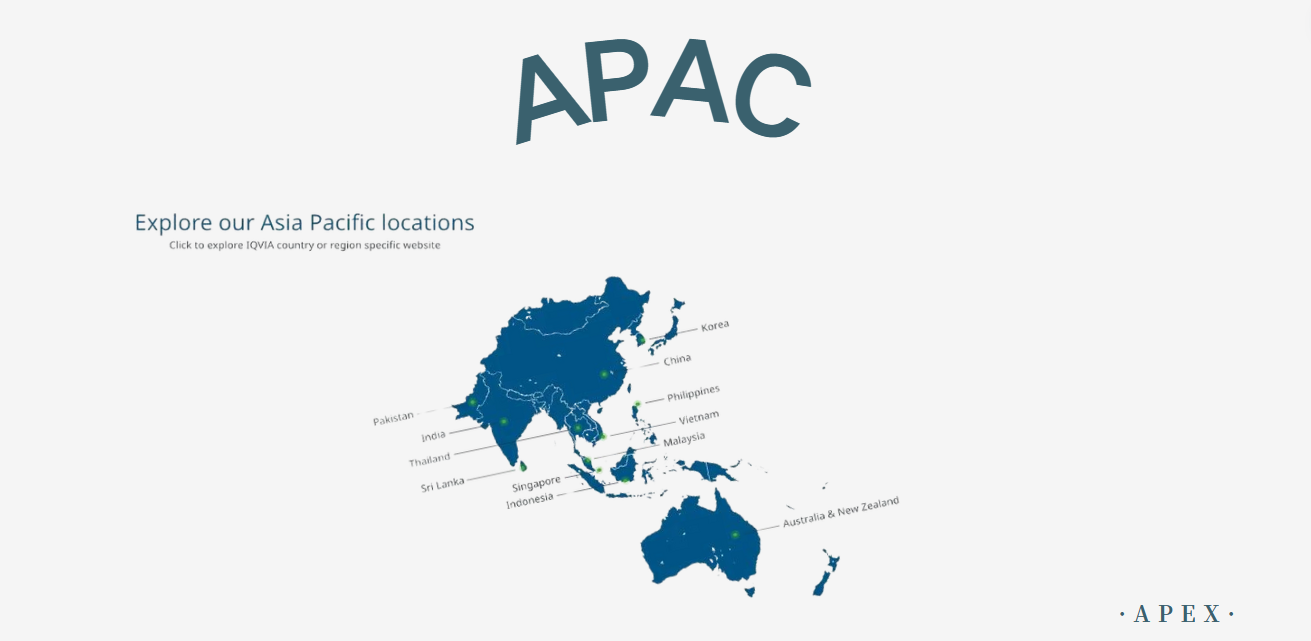
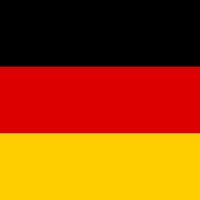
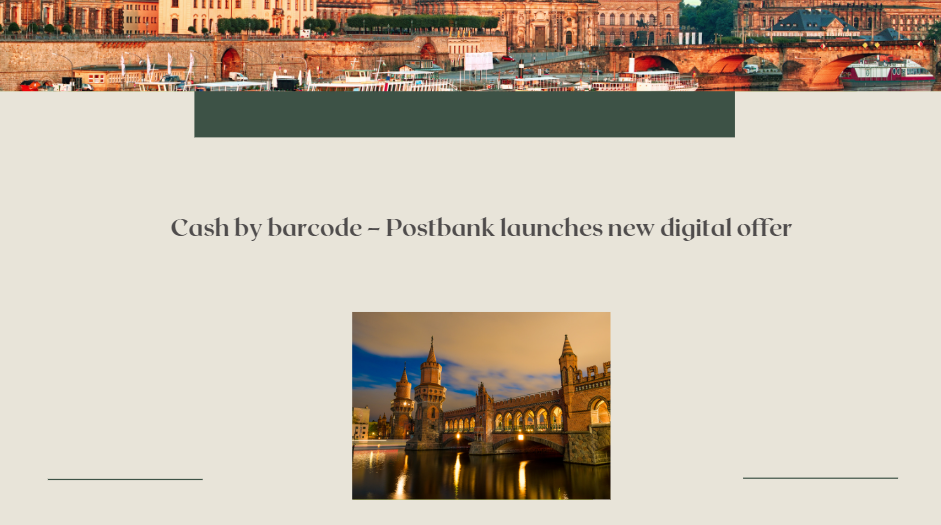
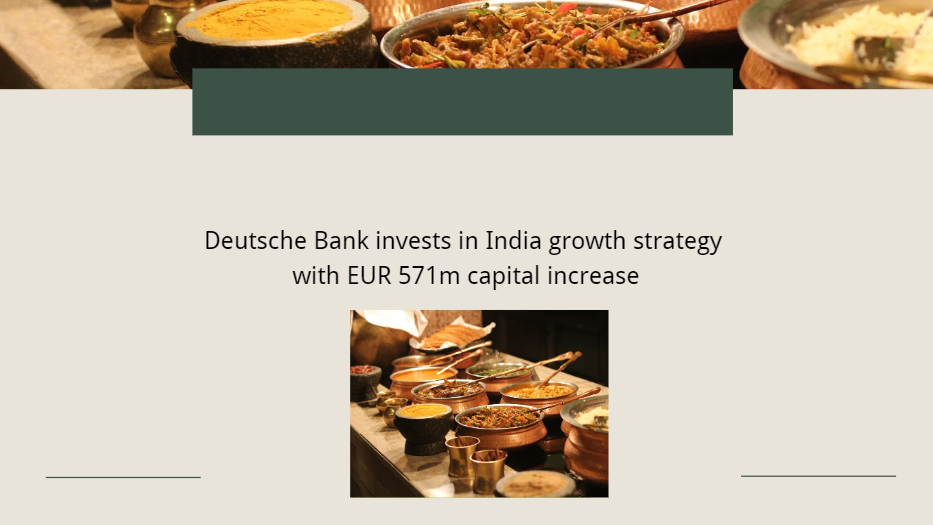
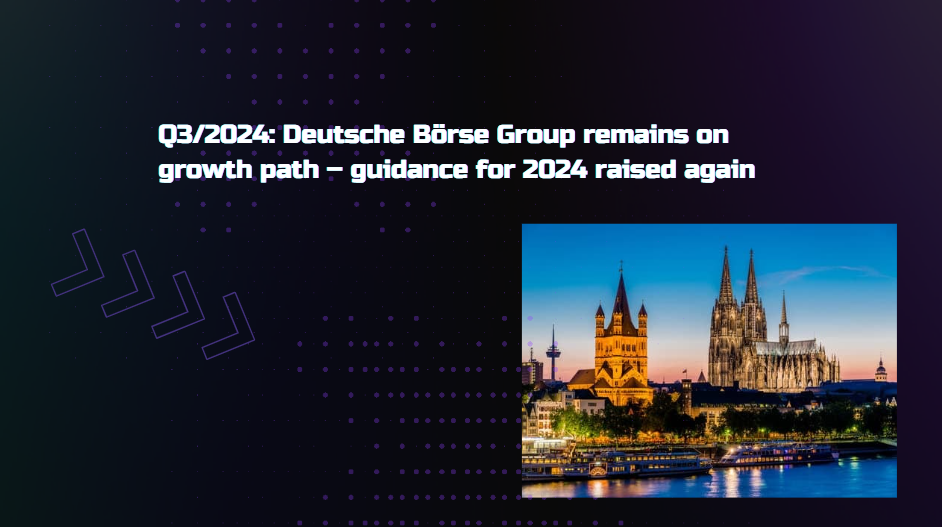
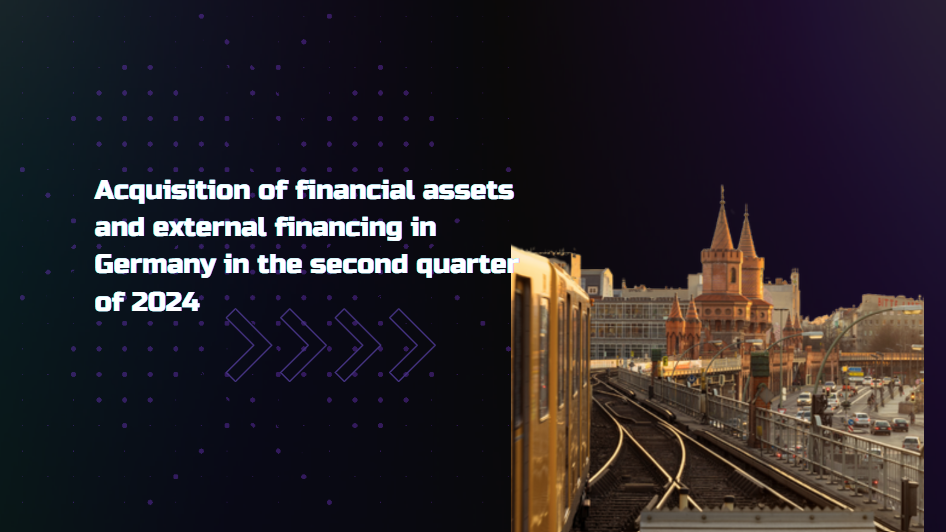




























First, please LoginComment After ~